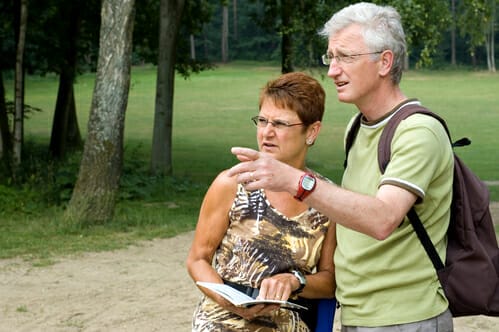There will be times in all our lives when we will wonder, “Does God really care about me?”
Let me assure you, God cares. It’s a simple and almost cliché sentiment that’s over-used and barely shows up on our radar. But this simple, two-word declaration is the key to living life with assurance and hope.
Notice that the statement “God cares” doesn’t place any limits on who He loves or how much He loves. The inclusiveness and expansiveness of God’s care is demonstrated in very practical ways in Numbers chapters 34-36. In these chapters, you see that God cares about such things as land, boundaries, fair allotments, inheritances, equitable provision, justice, protection of the innocent…and so much more. There isn’t anything that God doesn’t care about. (1 Pet. 5:7) (Heb. 13:5)
At times, it will seem as if God doesn’t care. There will be times when things aren’t going right, evil seems to be winning, and God doesn’t seem to be coming through. During those times, God will seem to be unaware, indifferent, or malicious.
But all children feel this way about their parent(s) at times. It’s only in hindsight that a parent’s care becomes evident.
So, when it seems like God doesn’t care – believe that He does, act like he does, and wait for the evidence that He does. (Eccl. 3:11) Because if God cares about little things like boundary lines and land, you can be confident that He cares for the big things – like your life and your heart.
The evidence of God’s care is all around us. Look for evidence of God’s care this week. You might even try keeping a list.











